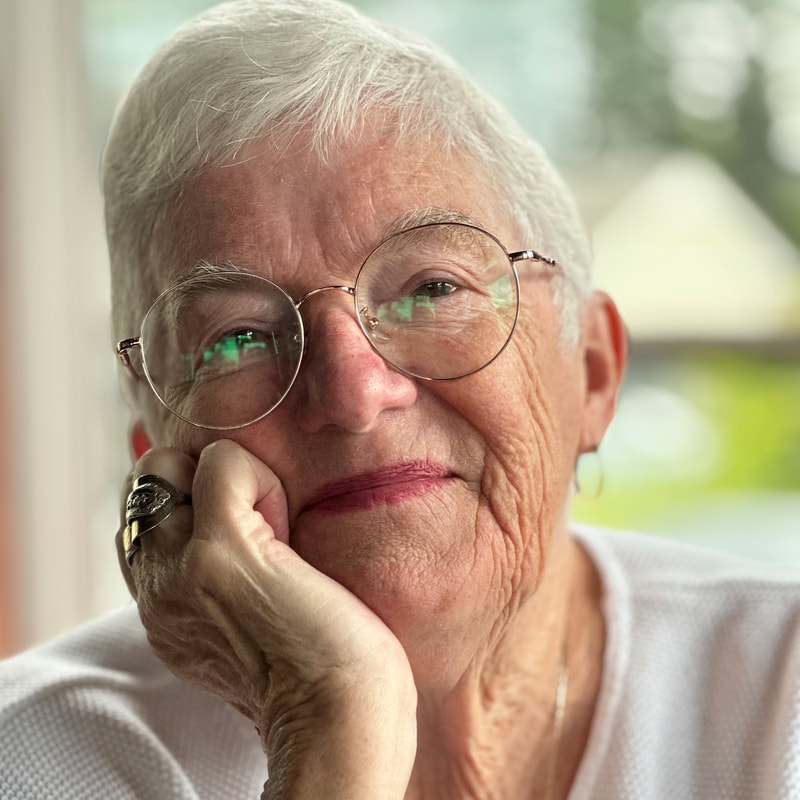Another of his medical heroes was Sir William Osler. Born in 1849, Osler was a Canadian physician who became a Professor of Medicine at McGill University in Montreal. He made many important contributions to medicine, but his own "top three" were the following:
First, he insisted that medical students would learn as much from talking to and listening to patients as they would from classroom teaching. This idea was revolutionary at the time.
Second, along with insisting that his students must know their patients, Osler also established medical residencies. This meant that the doctors in training spent a large percentage of their time working and learning on the wards under the close supervision of resident doctors.
Third, and this was considered by Osler to be his most important contribution, was his idea of clinical clerkships...third and fourth year students (interns) worked directly with their own patients on the wards.
Osler greatly reduced the role of didactic lectures and insisted on bedside teaching. One of his most quoted remarks is,"the doctor who studies medicine without books sails an uncharted sea, but the doctor who studies medicine without patients does not go to sea at all."
Robert echoed the words of his hero in his oft stated belief that..."the science of medicine can be learned from textbooks, but diagnosis is an art that can only be learned from time spent with patients."
To learn more about Sir William Osler, go to;
http://www.oslersymposia.org/about-Sir-William-Osler.html
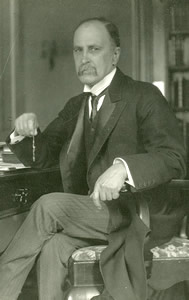
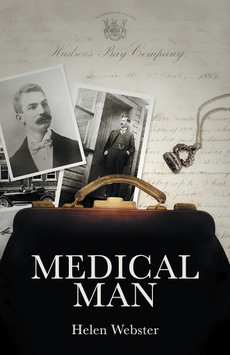
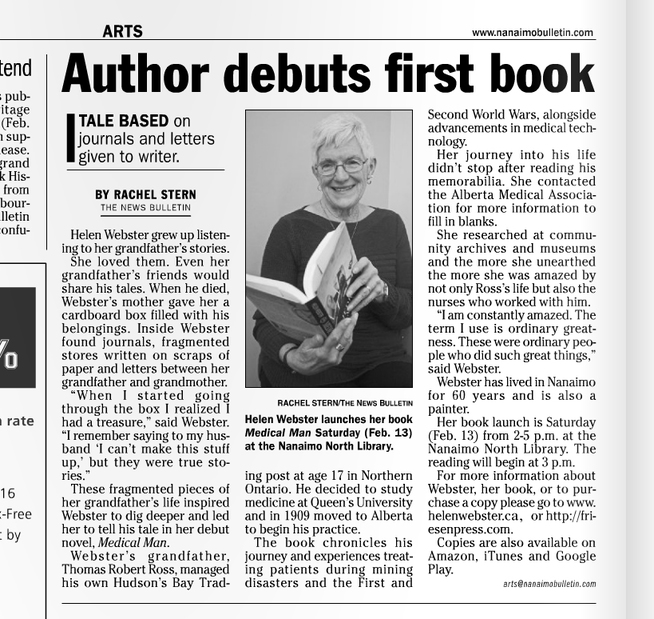

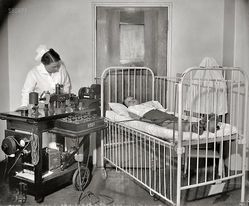
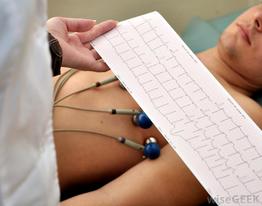
 RSS Feed
RSS Feed
